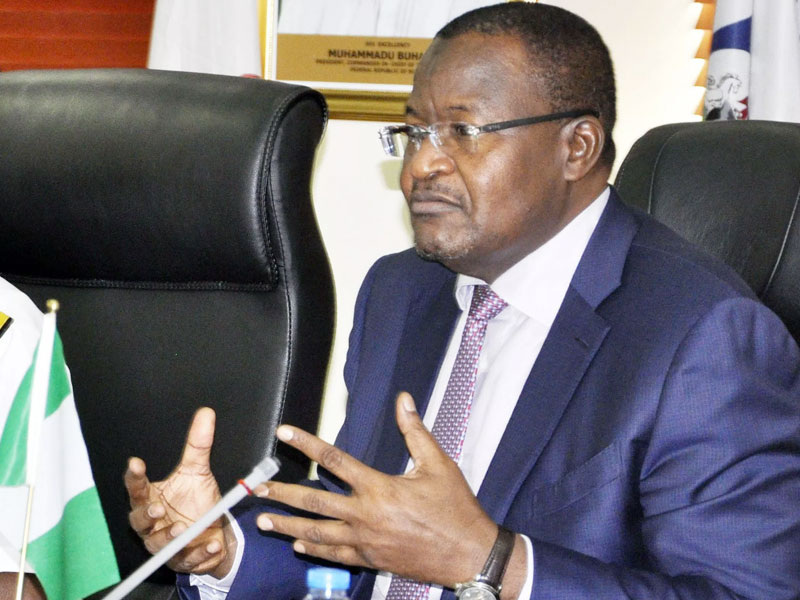NCC pledges sustained commitment to transparency
The Nigerian Communications Commission (NCC) has pledged to continually maintain high ethical standards in all its regulatory activities consistent with the Federal Government’s efforts to entrench the culture of accountability and transparency in the Ministries, Departments and Agencies (MDAs) of the Federal Government. The Executive Vice Chairman and Chief Executive Officer of NCC, Prof. Umar […]

NCC Executive Vice Chairman, Prof Umar Garba Danbatta
The Nigerian Communications Commission (NCC) has pledged to continually maintain high ethical standards in all its regulatory activities consistent with the Federal Government’s efforts to entrench the culture of accountability and transparency in the Ministries, Departments and Agencies (MDAs) of the Federal Government.
The Executive Vice Chairman and Chief Executive Officer of NCC, Prof. Umar Danbatta, gave the commitment at the inauguration of NCC’s Anti-Corruption and Transparency Unit (ACTU) by the Independent Corrupt Practices and Other Related Offences Commission (ICPC) in Abuja.
- PLwD, others get free mobile phones as NCC sensitises Kano residents
- NCC endows N40m professorial chairs in 2 more varsities
ACTU is the initiative of the ICPC, approved by the Federal Government as an in-house mechanism for corruption prevention within MDAs, in line with global best practices of building strong institutions and institutionalizing good governance in the fight against corruption.
Represented by the Director, Legal and Regulatory Services, Josephine Amuwa, Danbatta said that the ICPC itself has recently attested to the Commission’s high ethical standards and professionalism as evident in the 2020 ICPC Ethics and Compliance Scorecard (IECS) report, which placed NCC ahead of other agencies in ratings.
The EVC said the ICPC’s verdict also lends credence to the 2017 report of the Bureau of Public Service Reforms (BPSR)-piloted Self-Assessment Tool (SAT) deployed in MDAs, where the NCC came off with a Platinum Level (Exceptional) award, a level 5 organization, the highest rating possible under the BPSR Assessment.
While noting that the NCC will continue to identify corruption-prone processes, practices and procedures within the system with a view to institutionalize compliant and corruption-free processes. Danbatta said the Commission’s efforts are focused on prevention through defined standard operating procedures and adherence to public service rules, circulars, guidelines, among others.
